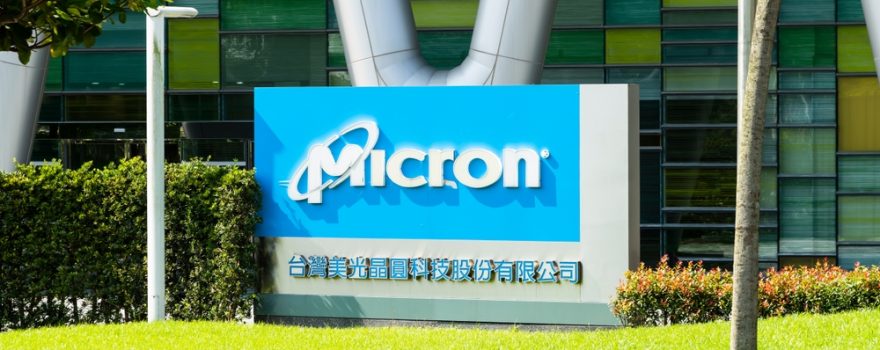
Micron Technology Inc.’s post-results selloff has sent a stark reminder to global investors about the inherent risks in betting on artificial intelligence chipmakers. Just days after leading AI chipmaker Nvidia Corp. experienced a massive slump, shedding nearly half a trillion dollars, Micron’s shares fell about 8% in extended trading following a forecast that failed to meet the highest expectations.
Micron, a company benefiting from the AI stock mania due to its high-bandwidth memory being a candidate for use with Nvidia’s industry-leading chips for training large language models, saw its shares more than double in the year prior to its Wednesday report. However, despite an outlook roughly in line with analyst estimates, the company was penalized for not exceeding the elevated expectations.
“The market is holding totally unrealistic expectations, as many names who are beating street estimates by a wide margin are still being sold down,” said Andrew Jackson, head of Japan equity strategy at Ortus Advisors Pte in Singapore. “But I think the street is very well aware of the fact that these US names are pretty overcooked. Too many paper hands chasing the fast easy money.”
The significant jumps in market value appear vulnerable to rapid correction, as illustrated by Nvidia earlier this week when its shares entered correction territory on Monday before rebounding. A global gauge tracking semiconductor shares fell about 5% since reaching an all-time high earlier this month. Taiwan Semiconductor Manufacturing Co., which produces Nvidia’s most valuable chips and is crucial for AI, has slipped more than 2% since its June 19 high.
Micron’s news also triggered drops in South Korea’s two biggest companies, memory makers Samsung Electronics Co. and SK Hynix Inc., although they recovered their losses by Thursday’s close. For these businesses, which are still recuperating from a slump last year in their traditional markets of supplying memory for PCs, smartphones, and conventional data centers, this indicates a greater degree of share price uncertainty.
The US chipmaker’s briefing fell short of what SK Hynix offered earlier, when it announced that its HBM production capacity is largely sold out through 2025, said Tom Kang, director at Counterpoint Research. Micron lacks the dominant position in AI memory that SK Hynix holds or Samsung’s lead in the broader memory industry, he added.
“This brings a reality check to the AI sector, which looks bubblish,” Kang noted, underscoring the volatility and speculative nature of current market dynamics surrounding AI-related stocks.
For more details, visit the source here.




